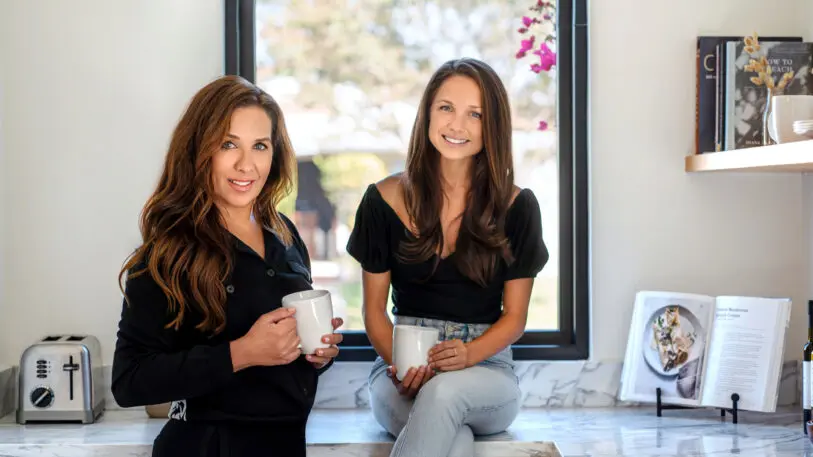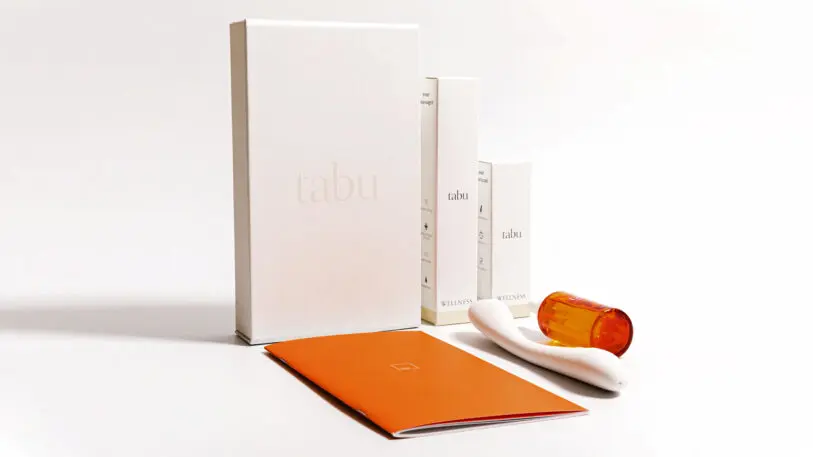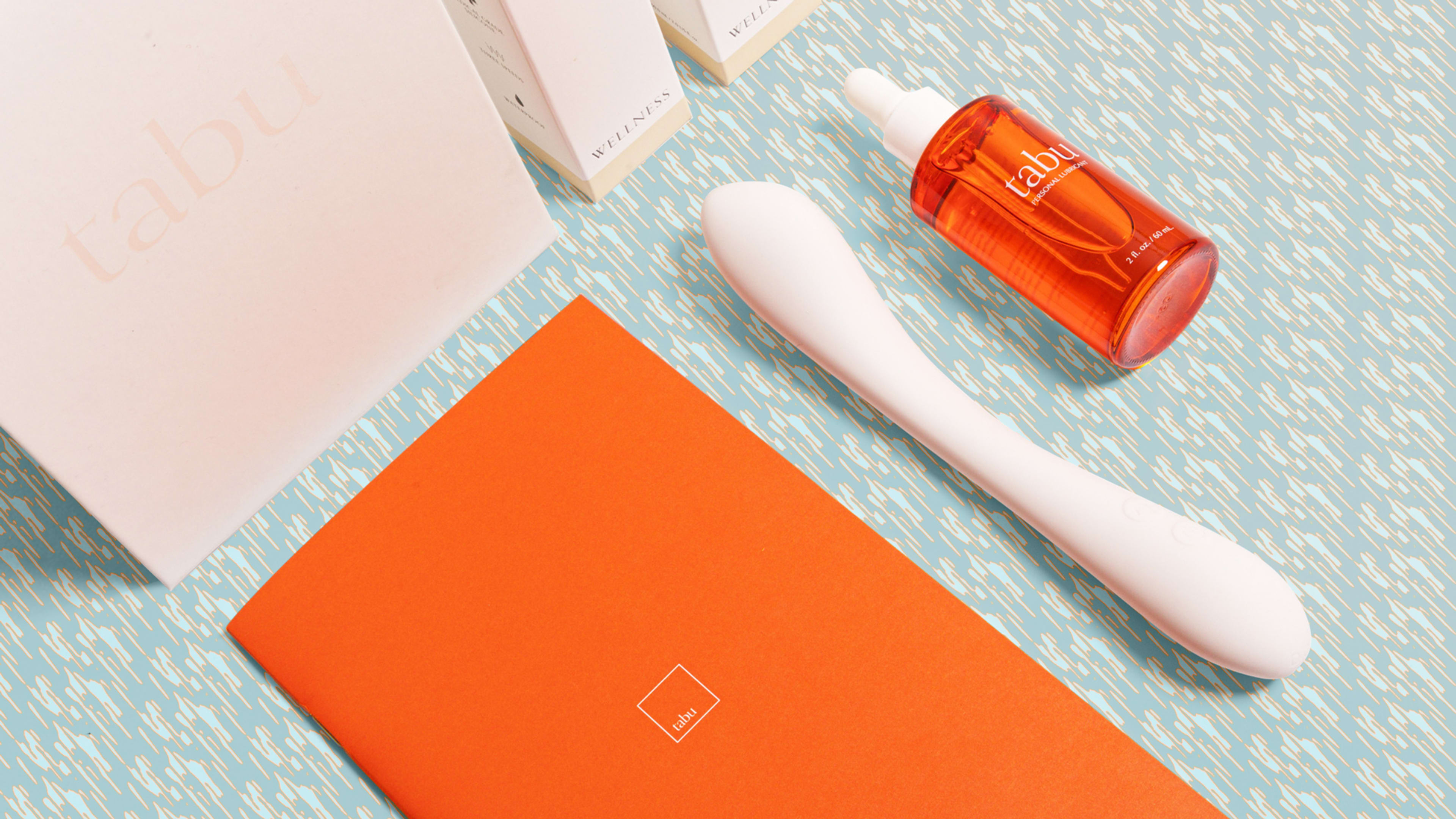Natalie Waltz’s journey to founding her sexual wellness brand, Tabu, started with an awkward text to her mom. “I was like, ‘Do you or your friends ever experience pain or discomfort during sex?” she says.
It was a message she never expected to send, but the question lingered in Waltz’s mind while working for TCG—a private equity firm attached to the likes of Headspace, Hello Sunshine, and Zola. She noticed the surge in consumer products serving perimenopausal and menopausal women and was surprised by the confluence of factors that made it a viable category. “I was almost 30, and I had never heard a lot of this,” says Waltz. “I instinctively texted my mom.”
Studies, like the ones Waltz cites, are easy enough to find: One notes menopausal “symptoms also negatively impact sexual satisfaction in over half of patients and strain personal relationships.” Others measure the layered complexities of a post-menopausal sex life, citing things like a partner’s death, familial responsibilities, and an unexplained loss of interest. In all, most of these studies relay that the effects of menopause can create emotional and physical barriers to sex for a majority of women.

Tabu arrives alongside the new frontier of sexual wellness tech designed and branded to “close the pleasure gap” and tout other sexual liberation and equity goals. For many brands, it’s an excellent place to be, but Waltz felt that messaging wasn’t resonating with her target customers. “It’s beautiful work, but when you’re dealing with sexual atrophy or lack of body confidence, you’re not in a place to accept that marketing,” she says.

While Waltz remains product-first, the company continues to expand its wellness-education arm. Waltz and her medical advisors host virtual “office hours” via Zoom, in which women can sign up and ask questions anonymously. The sessions are secure, private, and capped at 100 attendees. “We hit [capacity] within 24 hours of every meeting,” Waltz says. “Women don’t need to have something new to ask to attend, but there’s always value in learning from other questions.”
Fast Company‘s Recommender section is dedicated to surfacing innovative products, services, and brands that are changing how we live and work. Every item that we write about is independently selected by our editors and, whenever possible, tested and reviewed. Fast Company may receive revenue from some links in our stories; however, all selections are based on our editorial judgment.
Recognize your brand’s excellence by applying to this year’s Brands That Matter Awards before the early-rate deadline, May 3.
